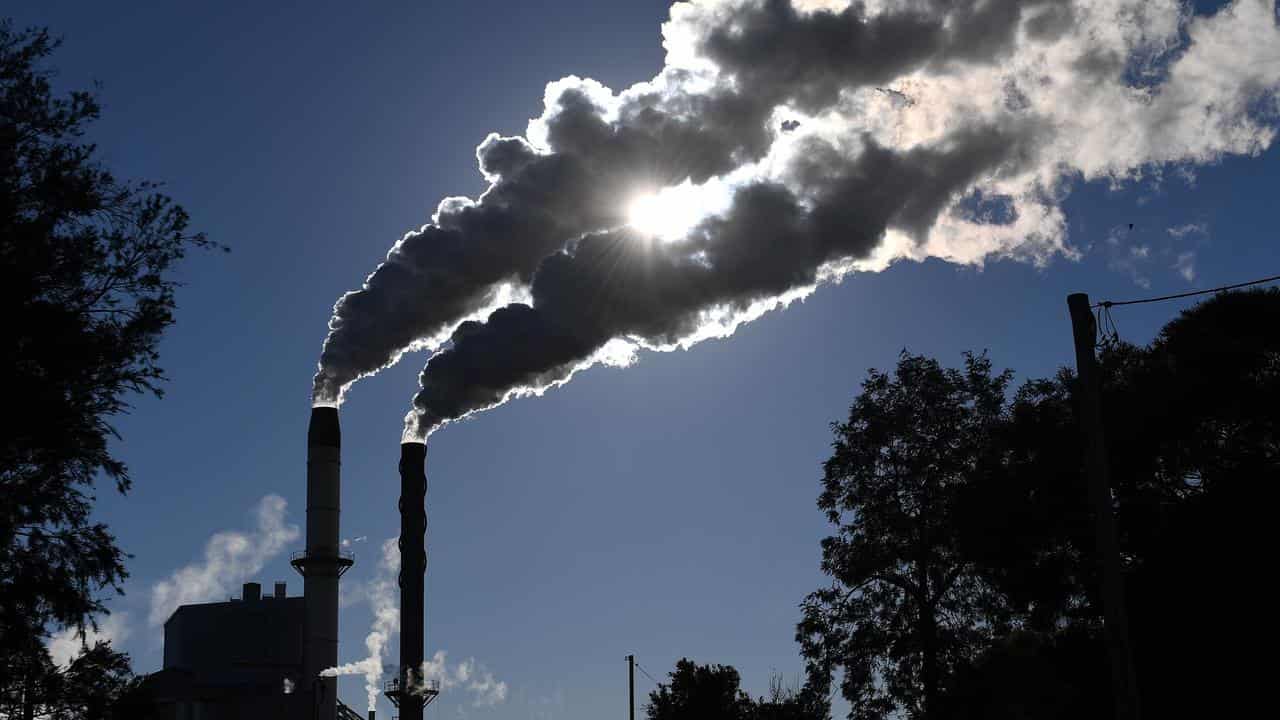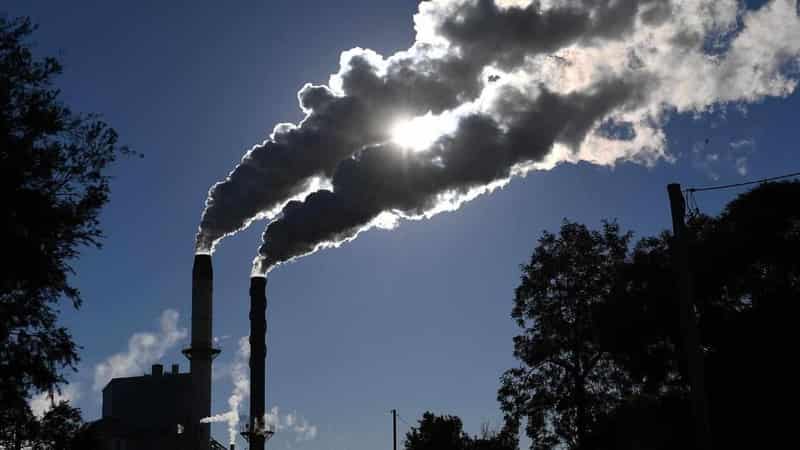
Cancer. Heart disease. Pregnancy and fertility problems. Impaired learning. Mental illness. Debilitating infectious diseases.
It's a grim but incomplete list of the multitude of human health threats fossil fuels pose.
But doctors fear Australians are yet to fully grasp what the ongoing use of coal, oil and gas could mean for them and the people they love.
That's why Doctors for the Environment have released a new summary report that tells it like it is.
It will be launched on Wednesday by Assistant Health Minister Ged Kearney, whose government has continued to approve new fossil fuel projects around Australia.
Efficiently titled Fossil Fuels Are a Health Hazard, the document covers some of the better-known health threats associated with climate change, which is caused by the burning of fossil fuels.
They include deadly heatwaves, bushfires and other extreme weather events.
But it also delves into threats people might not know about such as the highly concerning evidence the harms being caused by exposure to toxic plastics, which are made from oil and gas.
"Workers at plastic production plants have increased risks of haematological malignancies like lymphoma and leukaemia as well as brain and breast cancer," the report says.

Then there's the threat posed by tiny particles that break off as larger plastic items degrade.
The smallest ones can enter almost all the body's organs, with scientists finding links to serious health issues including hormone disruption, insulin resistance and cancers.
The report also takes a close look at how coal is poisoning the air, and causing direct health harms at every stage in its use for energy and metal manufacturing.
When coal is burned at power plants, for example, fine particulate matter called PM2.5 is emitted.
Those particles can pass into human bloodstreams and increase risks of heart disease, stroke and dementia, while also affecting how babies grow in the womb.
The report cites a study from 2020 that found up to 18 per cent of the PM2.5 pollution in Sydney could be attributed to power plants up to 160km away.
The estimated result of that pollution was 45 deaths a year, according to the study, from the CSIRO and the University of Sydney.
Kate Wylie is a GP and executive director of Doctors for the Environment and says people must understand what they're being exposed to as they go about their lives.
She says the pollution assault on the bodies of Australians is relentless as they sit in traffic, walk through busy cities, cook with gas at home, or hunker down to ride out climate-fuelled disasters like the Black Summer bushfires.
"Just like we called out the health harms of smoking, alcohol, and junk food, even guns, we are now ringing the alarm for fossil fuels," Dr Wylie says.
“And similar to addressing the health impacts of tobacco by first quitting smoking, to address the impacts of fossil fuels we must first quit coal, oil and gas."
Australia needs a health system that is prepared for the challenges of climate change, Ms Kearney says.
She says the Albanese government's national strategy on health and climate lays the foundations for society to address the impacts of climate change on the population's health and wellbeing.









